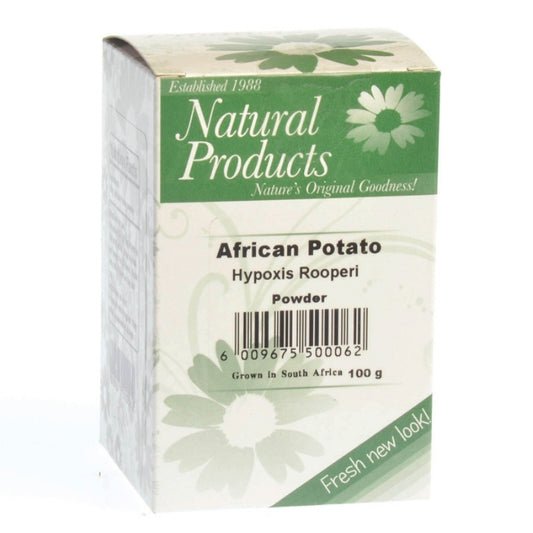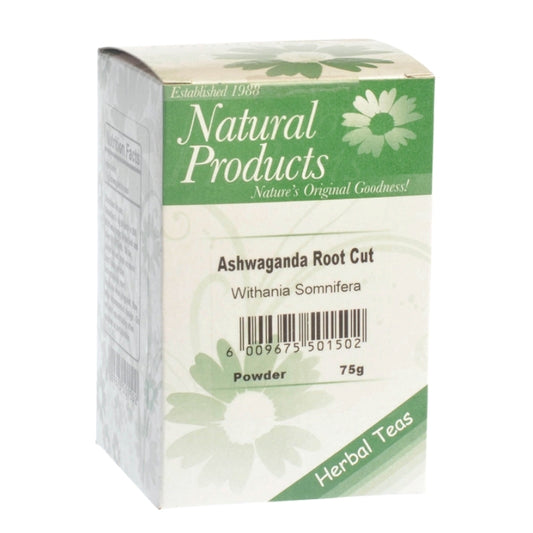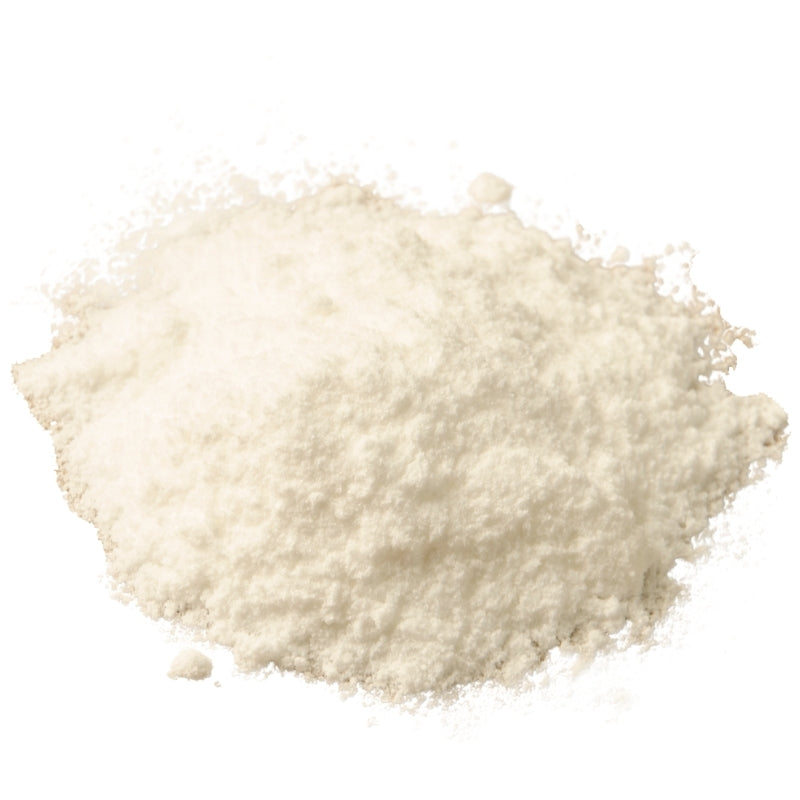
Does Vitamin C Actually Boost your Immune System?
Aiden van WykYesterday my niece had a fever - I was heartbroken.
Not because she's sick - that fierce, independent eight-year-old will be fine - but because the moment there's a sick child in my house, I hear the ticking of my fate.
Tick - tock - tick - tock - that virus has its eyes on me.
Deeper than a daily affirmation, I know the following to be true:
I will get sick.
And I will stay sick longer than she would've been sick - a true injustice.
I already feel the cough coming on.
And honestly, I'm just sick and tired of being sick and tired.
Now, whenever I feel something coming on, I reach for a sour, soothing tea made with elderberries - a fruit brimming with Vitamin C.
But does Vitamin C actually help?
How does Vitamin C work?
And how much can you sprinkle into your child's diet to keep that evil spirit - otherwise known as "Influenza" - out of your home?
What is Vitamin C?
Vitamin C, also known as Ascorbic Acid, is a water-soluble vitamin that plays a huge role when it comes to immunity and your overall health. Being an essential nutrient, your body cannot produce Vitamin C, nor can your body store it for later use. This means that regular intake of Vitamin C is crucial.
How does Vitamin C boost the immune system?
- Antioxidant Protection: Shields your body from toxins that cause inflammation.
- Supports White Cell Production: Helps your body produce and maintain healthy leucocytes - the cells that fight off viruses.
- Regulates Cytokines: Modulates the production of Cytokines by immune cells and thereby limiting overall inflammation.
These effects combined all help reduce the severity and duration of colds and flu symptoms.
Vitamin C also supports collagen production, promotes eye health, enhances iron absorption, and may offer protective benefits for the heart and against certain cancers. When used in creams and serums it's known for brightening the skin and improving skin healing.
What happens if you're Vitamin C deficient?
Because the body can't produce Vitamin C on its own, we rely entirely on ingestion to meet our needs. While Vitamin C deficiency (also known as scurvy) is rare in developed countries due to the availability of nutritious foods, it can still happen - especially in those with poor diets, an alcohol use disorder or in smokers. Smoking depletes Vitamin C levels rapidly, with smokers needing an additional 35 mg per day just to maintain baseline levels.
Some signs of Vitamin C deficiency include:
- Frequent colds or infections.
- Slow wound healing.
- Bleeding gums when you brush your teeth.
- Unexplained fatigue.
- Becoming easily bruised.
- Abnormally dry skin (but not eczema).
How much Vitamin C do you need?
While some experts advocate for higher doses - especially when sick - regularly eating fruits and vegetables typically provides more than enough to meet the following general recommendations of Vitamin C daily intake:
- Men: 90mg
- Women: 75mg
- During Pregnancy: 85mg
- While Lactating: 120mg
And just for scale, here is how much Vitamin C is generally in good quality Oranges:
- Small orange (96g): 50 mg Vitamin C
- Medium orange (130g): 70 mg Vitamin C
- Large orange (180g): 100 mg Vitamin C
That means that a large orange a day should keep most of you okay - unless you're a lactating smoker.
Which is better: Vitamin C through food or supplements?
In complete honesty, getting your Vitamin C from food is generally preferred over supplements. Your body tends to absorb it more efficiently from whole foods and the vitamin is released gradually into your system. Since excess Vitamin C isn't stored in the body but excreted, this slower release is more beneficial. Getting Vitamin C from whole foods also means you're likely to get the other vitamins, minerals, fiber, and phytonutrients that work synergistically with vitamin C - all naturally packaged together.
It's also nearly impossible to consume too much Vitamin C from food alone. Some of the best food sources include red bell peppers, kiwis, oranges and grapefruits, strawberries, and broccoli. Ideally, you'd eat these foods raw or only lightly cooked - though broccoli may need more cooking to aid digestion - as Vitamin C is sensitive to heat and air exposure.
Some Botanicals that contain Vitamin C include:
- Rose Hip
- Elderberries (and Berries in general)
- Parsley
- Thyme
- Chilli (The capsaicin adds a metabolic boost)
- Nettle
- Hibiscus
- Lemon Balm
When do you use Vitamin C Supplements?
Your body uses up more Vitamin C during times of stress, which means supplementation can be especially helpful when demands are higher than usual. These situations include:
- At the onset of a cold or flu, when a temporary boost may help reduce symptom severity and duration.
- During periods of immune stress like travel, exposure to pollution, or emotional and physical stress.
- When your diet is lacking, like during seasonal changes or limited access to fresh food.
- If you smoke or drink alcohol excessively.
- If you have certain health conditions, especially those that increase your nutritional needs or impair absorption.
In short, while Vitamin C is most effective when consistently consumed as part of a healthy diet, supplementation can offer support when your immune system is under pressure. Just keep in mind: it's more of a preventative ally than a cure. A big dose after you're sick isn't an automatic cure, but it may help you bounce back a little faster.
Can you have too much Vitamin C? Are Vitamin C supplements dangerous?
Like most things when it comes to nutrition: moderation is key.
Even though Vitamin C is essential for health, excessive intake can cause side effects. It's a water-soluble vitamin, so your body excretes what it doesn't need, but high doses can still be problematic. Some symptoms of too much Vitamin C include:
- Digestive distress like diarrhea, nausea, cramps and flatulence.
- Frequent urination and headaches.
- Kidney stones, as Vitamin C can transform into oxalate - a component of kidney stones. (This is a considerable risk when you ingest more than 2000mg daily).
- Joint pain and liver stress.
- You may overload in iron as Vitamin C increase certain types of iron absorption.
Vitamin C is not a miracle
While Vitamin C is an essential and powerful nutrient, it's not a magic bullet. It won't act as a vaccine, provide instant immunity, or make up for poor nutrition or lifestyle choices. It's just one part of the broader wellness puzzle. Other important nutrients for immune health include Vitamin D, Vitamin E, Zinc, Selenium, and Iron.
The best way to get these is by intentionally eating a wide, colourful diet rich in fruits and vegetables. Remember, a strong immune system is built over time through consistent, healthy habits. Regularly consuming vitamin-rich foods is far more effective than occasional bumps in intake - especially since your body can't store excess Vitamin C.
What it doesn't immediately need, it simply releases.
The maximum amount of Vitamin C to ingest:
- Adults: 2000mg / day
- Teens of 14 - 19: 1800mg/ day
- Children of 9 - 13: 1200mg/ day
- Kids of 4 - 8: 650mg/ day
- Toddlers of 1 - 3: 400 mg/ day
Remember to drink a healthy amount of water alongside Vitamin C supplementation.
Can you give Vitamin C supplements to kids?
We would generally advise that you avoid giving supplements to kids - particularly under the age of eight - as the risk of too much is higher with their smaller bodies. The best way to ensure that they get Vitamin C is through food intake. This ensures a more gradual and natural release for their bodies.
With that being said, adding small, controlled bursts of Vitamin C into snacks, like the ones below, can be a fun and healthy way to introduce a sour flavour while contributing to their daily intake :)






























